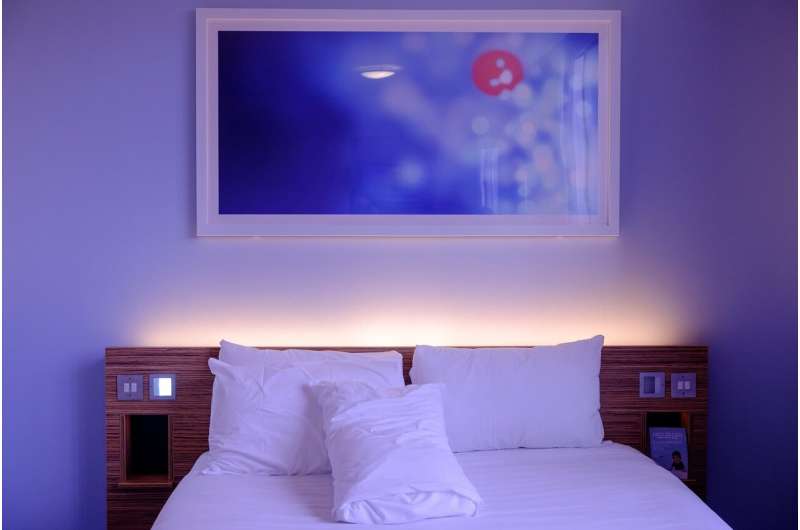Research reveals impacts on hotel brands used for COVID quarantine

As vaccination rates continue to rise and government border policies change, the need for hotel quarantine is fading.
But what are the next steps for hotels that have been operating as quarantine facilities for two years, and will they be negatively labeled because of their association with the pandemic?
A University of Queensland study has looked into what people think about hotel brands that were used as quarantine facilities, and the findings show a big difference in hotels that volunteered for quarantine, versus those that were directed to by government.
Led by Dr Monica Chien, Associate Professor Sarah Kelly and Dr Wen Mao from UQ's Business School, the study, which involved 447 Australian travelers, investigated people's perceptions of COVID quarantine hotels and the potential for stigma by being associated with the pandemic.
"Since the onset of COVID-19, hotels around the world, from 3-star to 5-star luxury resorts, have been used to isolate travelers," Dr Chien said.
"While some might assume that being a COVID quarantine facility could create a certain stigma for a hotel brand, our study found that hotels that put up their hand to provide quarantine services were seen as 'good corporate citizens'.
"Meanwhile, hotels that were directed by government to become a quarantine facility received less favorable brand ratings."
Dr Chien said there were many reasons why hotels could have been hesitant to host quarantining travelers, including concerns about enduring negative perceptions, reluctance of employees, or fears of losing their brand prestige.
Associate Professor Kelly added that "hotels are concerned about factors that may stigmatize their brands, such as management of staff, treatment of travelers in isolation, negative comments on social media and the risks of spreading of the virus within the hotel."
"Because the pandemic generates a shared sense of threat for people, stigma can be further entrenched when a quarantine hotel's operations change."
Associate Professor Kelly said the study's finding could help with post-pandemic recovery of the hospitality industry.
"Hotels that signed up voluntarily for quarantine could emphasize the 'greater good' of their contribution during the pandemic while toning down the possible stigma effects.
"Meanwhile, hotels that did not volunteer don't need to fear - our study found that engaging in a good cause, such as a donation to charity, could foster positive brand evaluations."
Dr Mao said this study followed other research published late last year that examined people's perceived susceptibility to COVID.
"These studies will help inform governments, health and tourism organizations as we move further through the pandemic," Dr Mao said.
"We will also apply this research across other areas of the tourism and hospitality sector such as attractions, transport and restaurants."
More information: Previous study:
Wen Mao et al, Optimism bias and perceived susceptibility to COVID-19 among Australian travellers, Current Issues in Tourism (2021). DOI: 10.1080/13683500.2021.2010672
Provided by University of Queensland




















